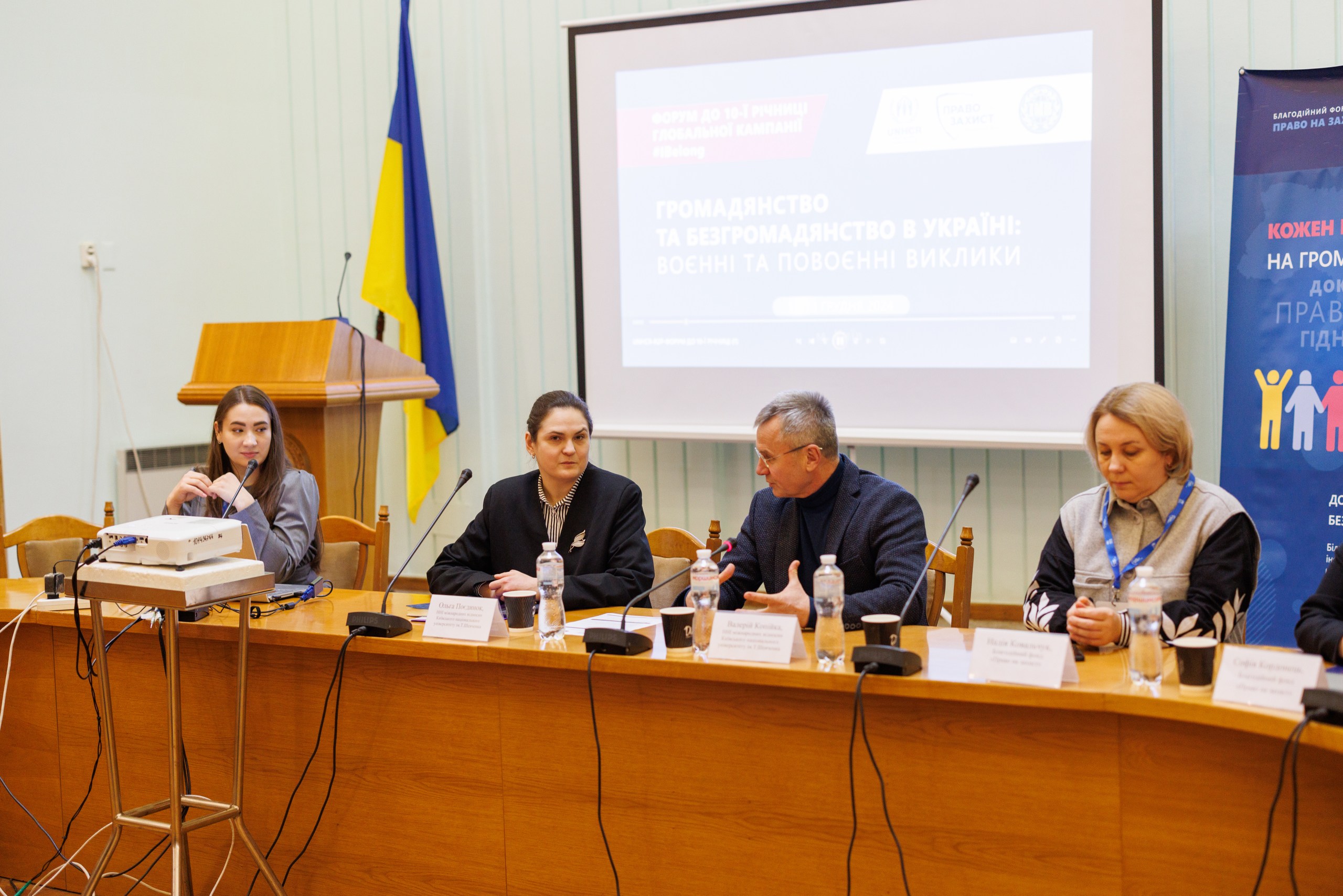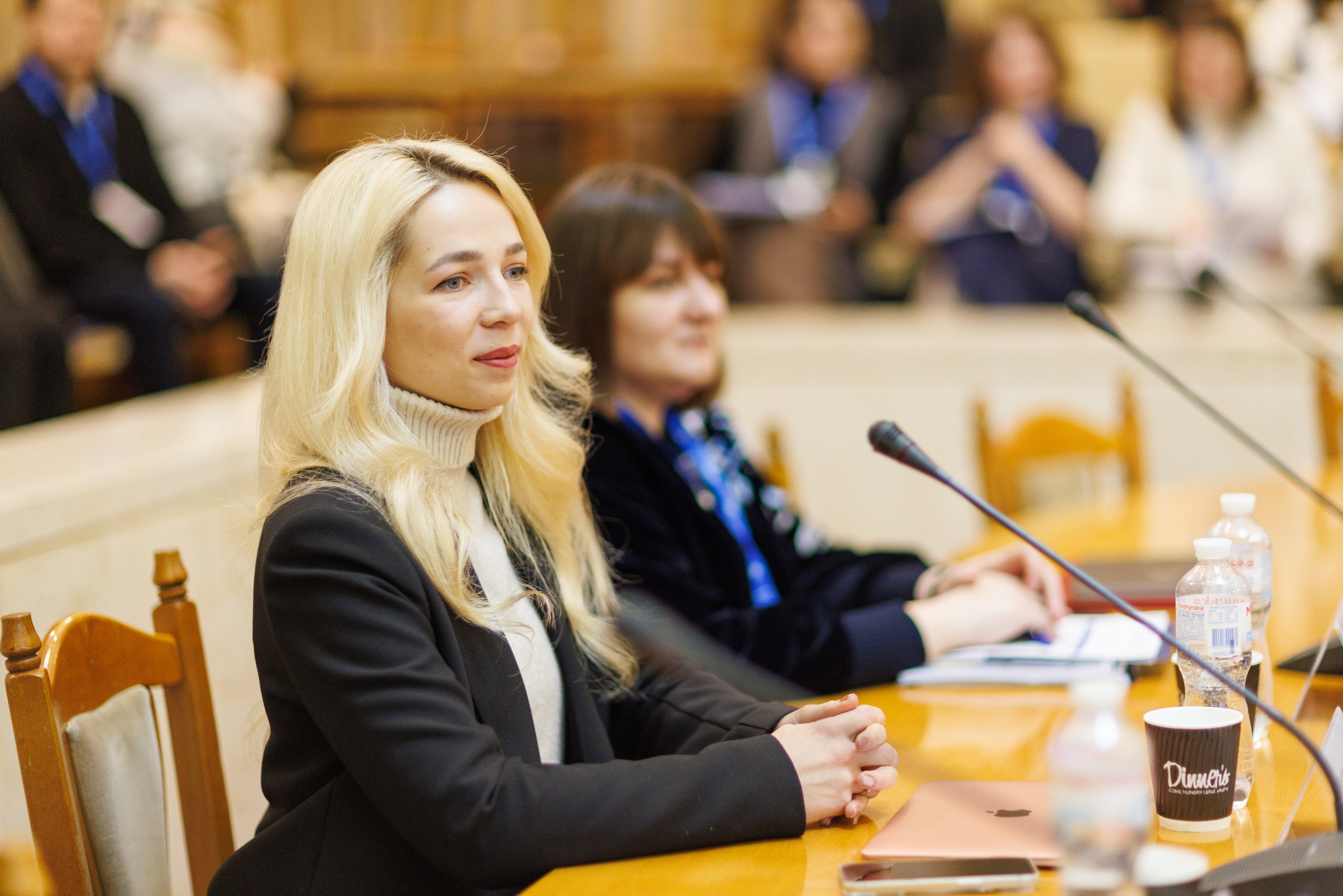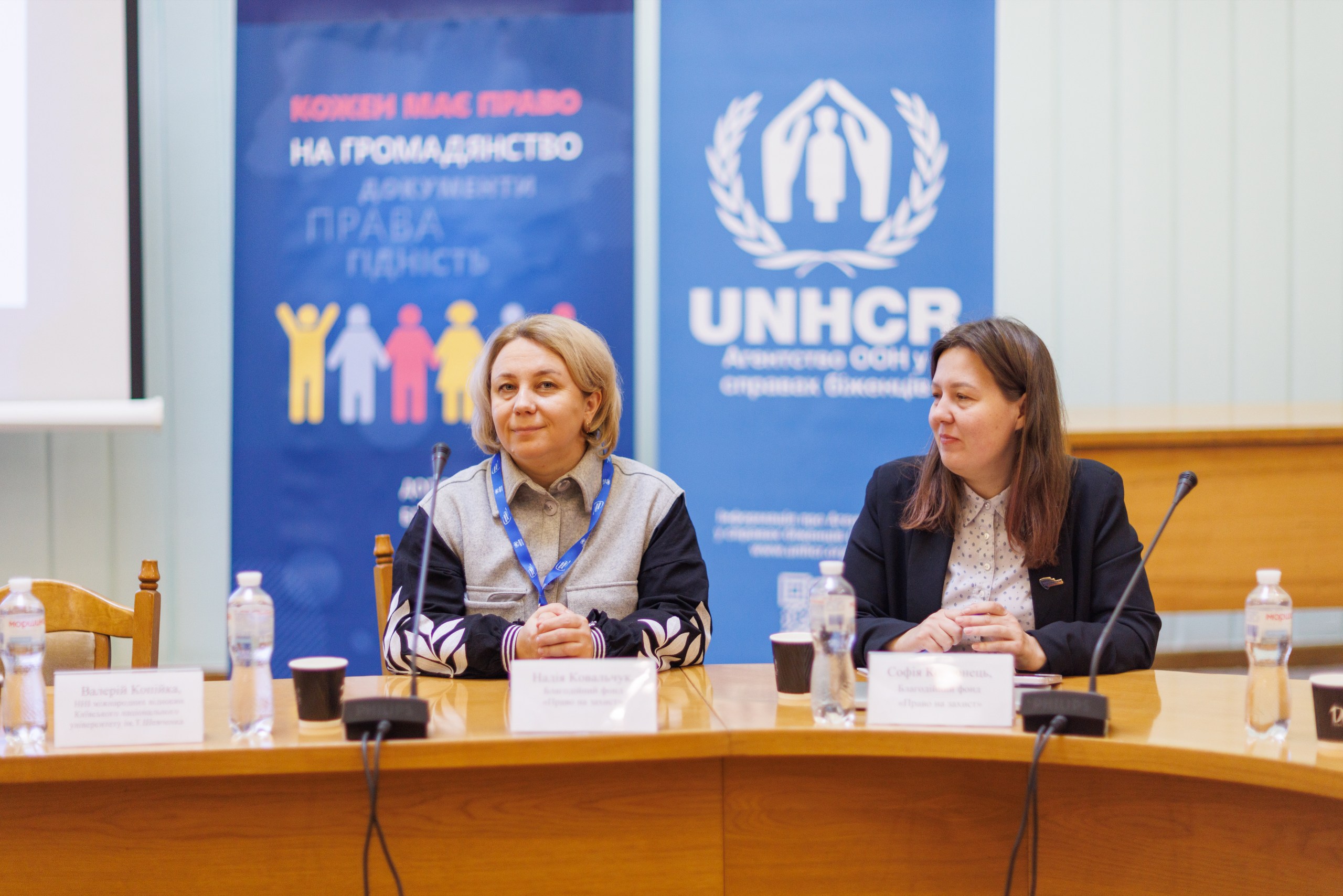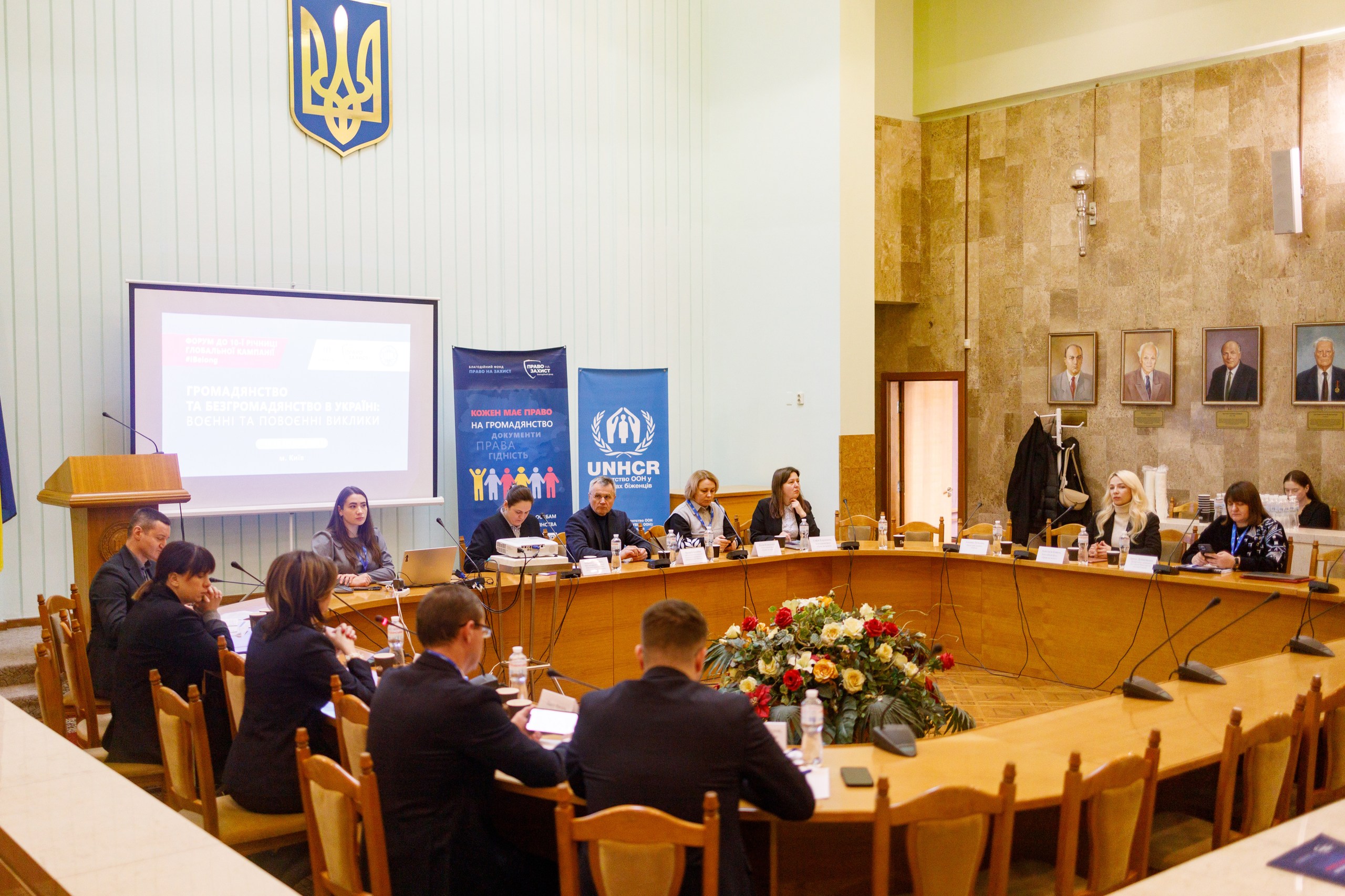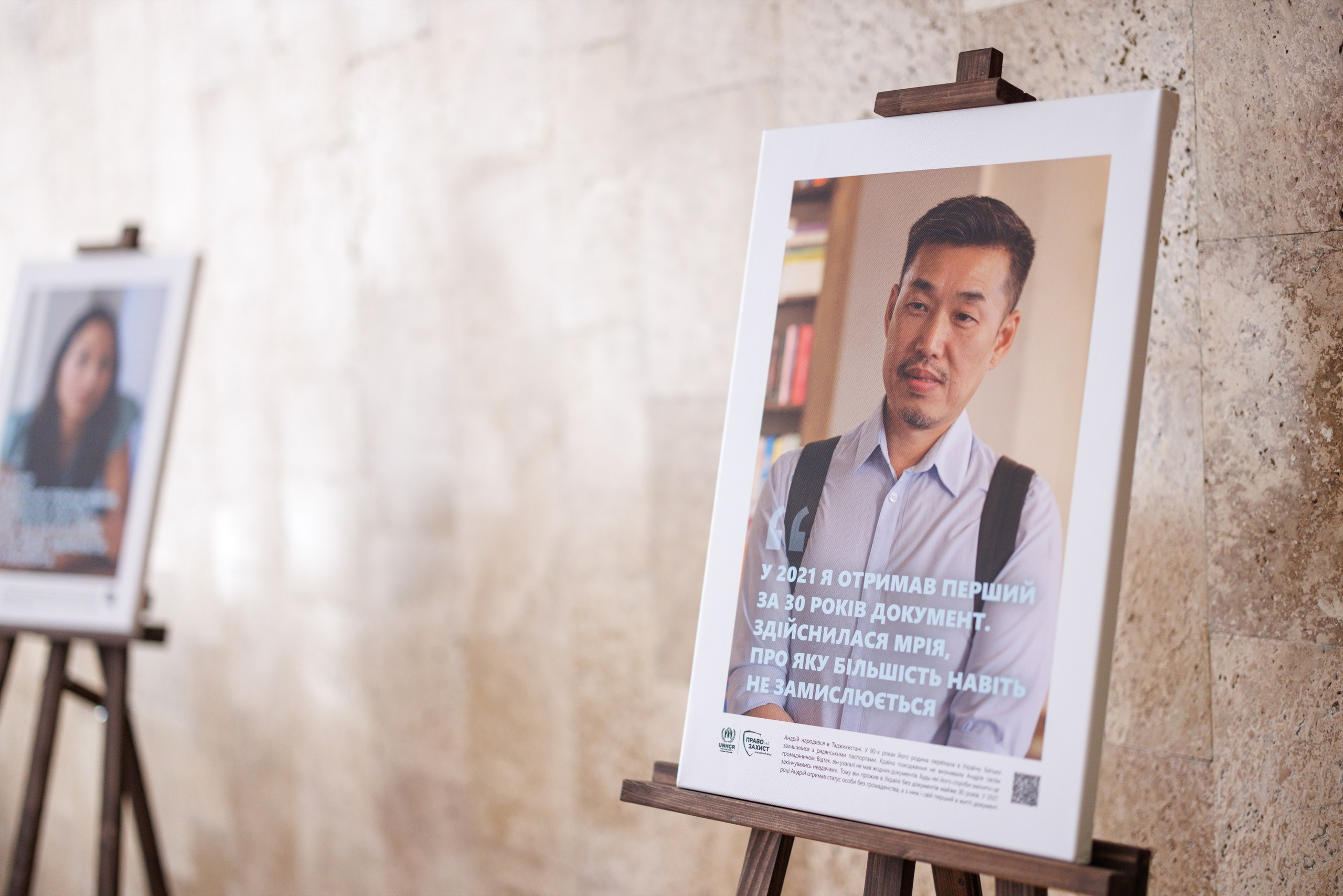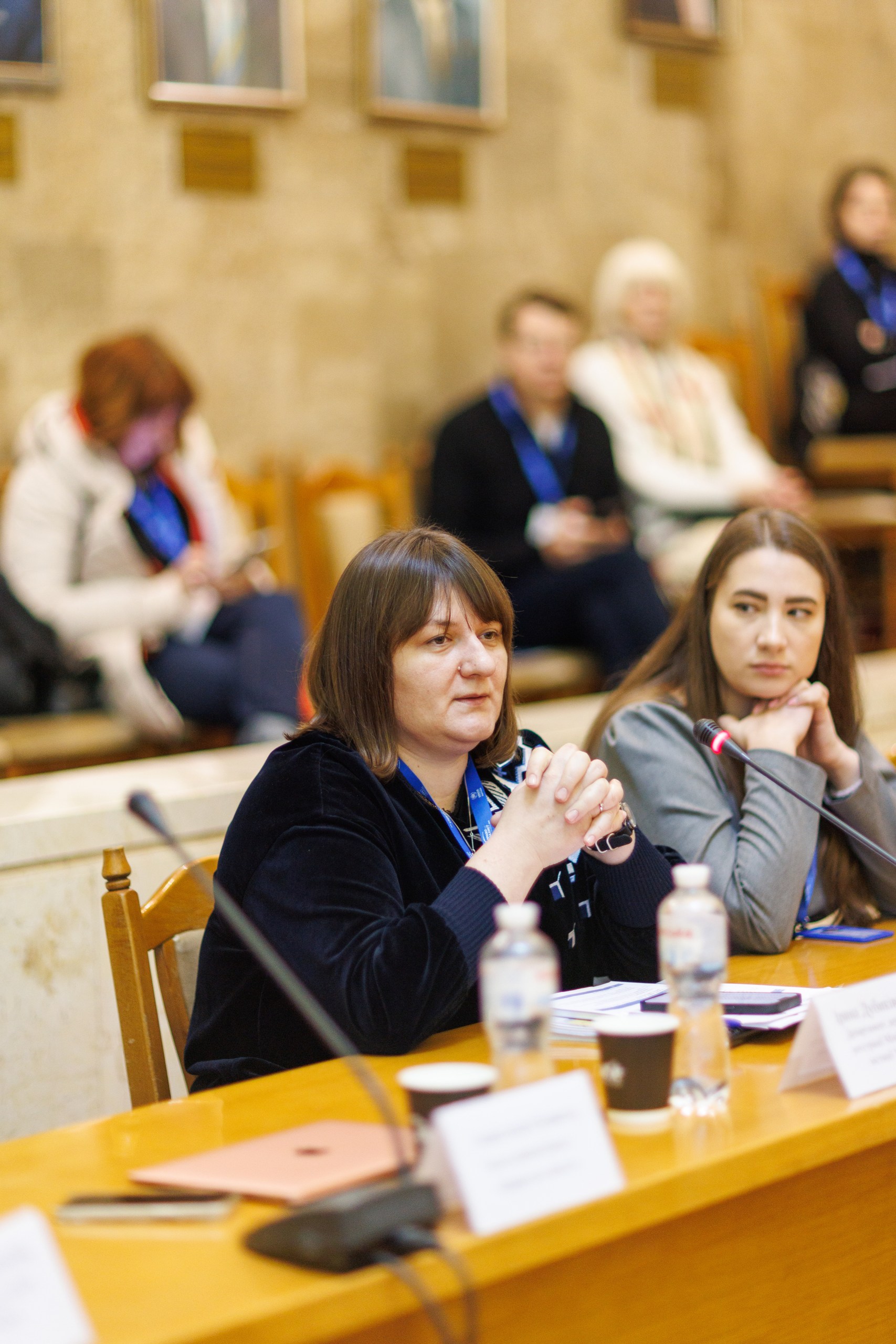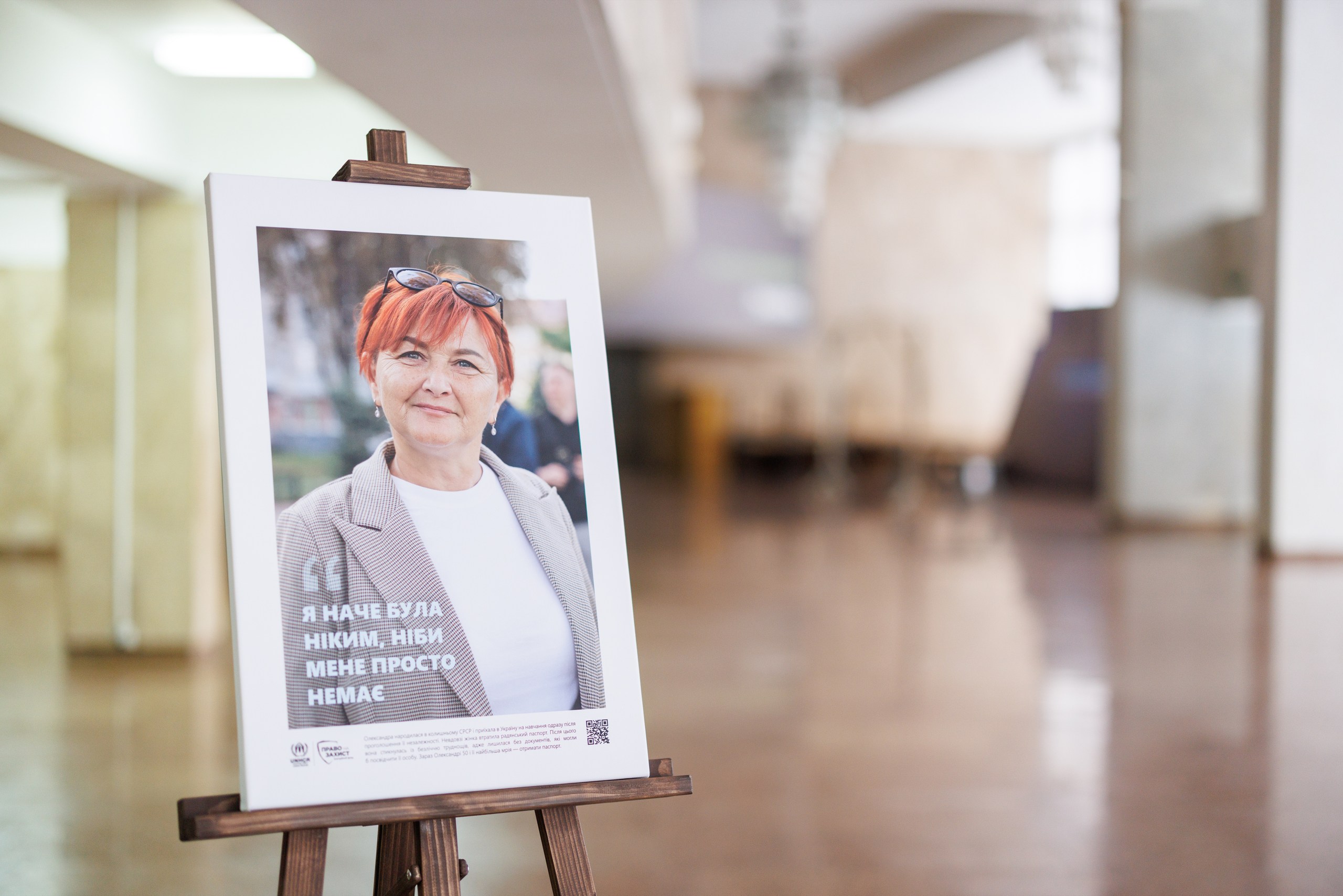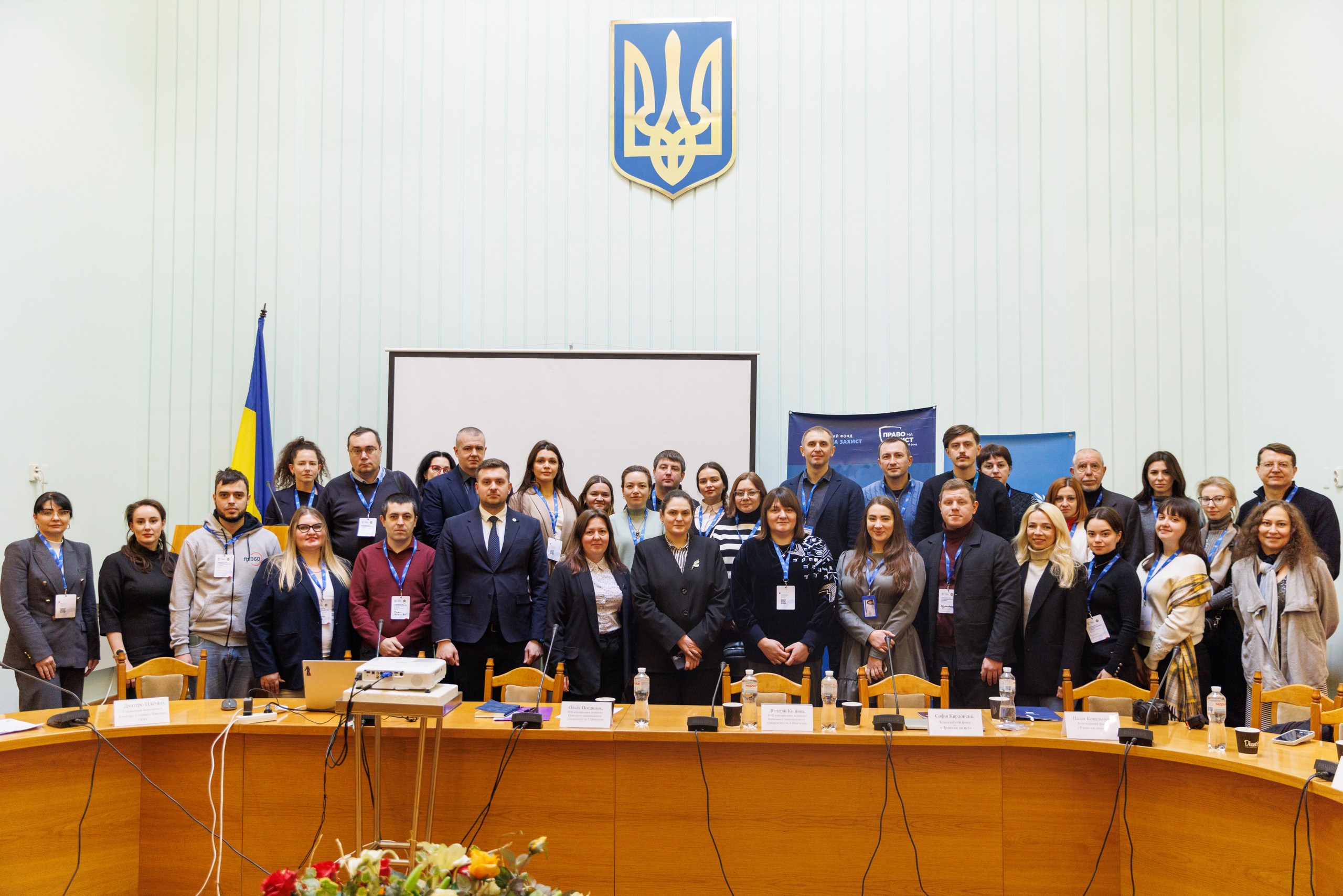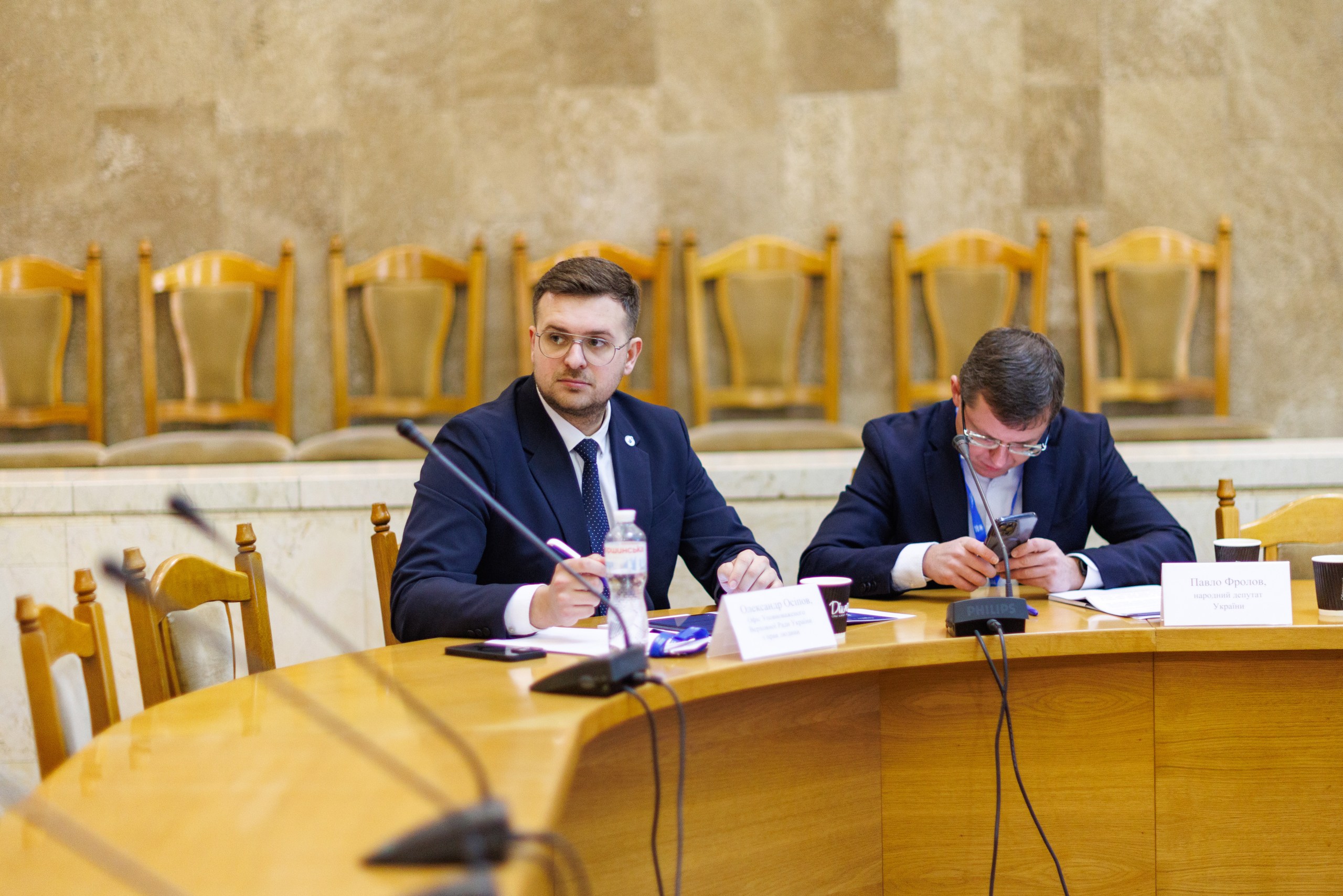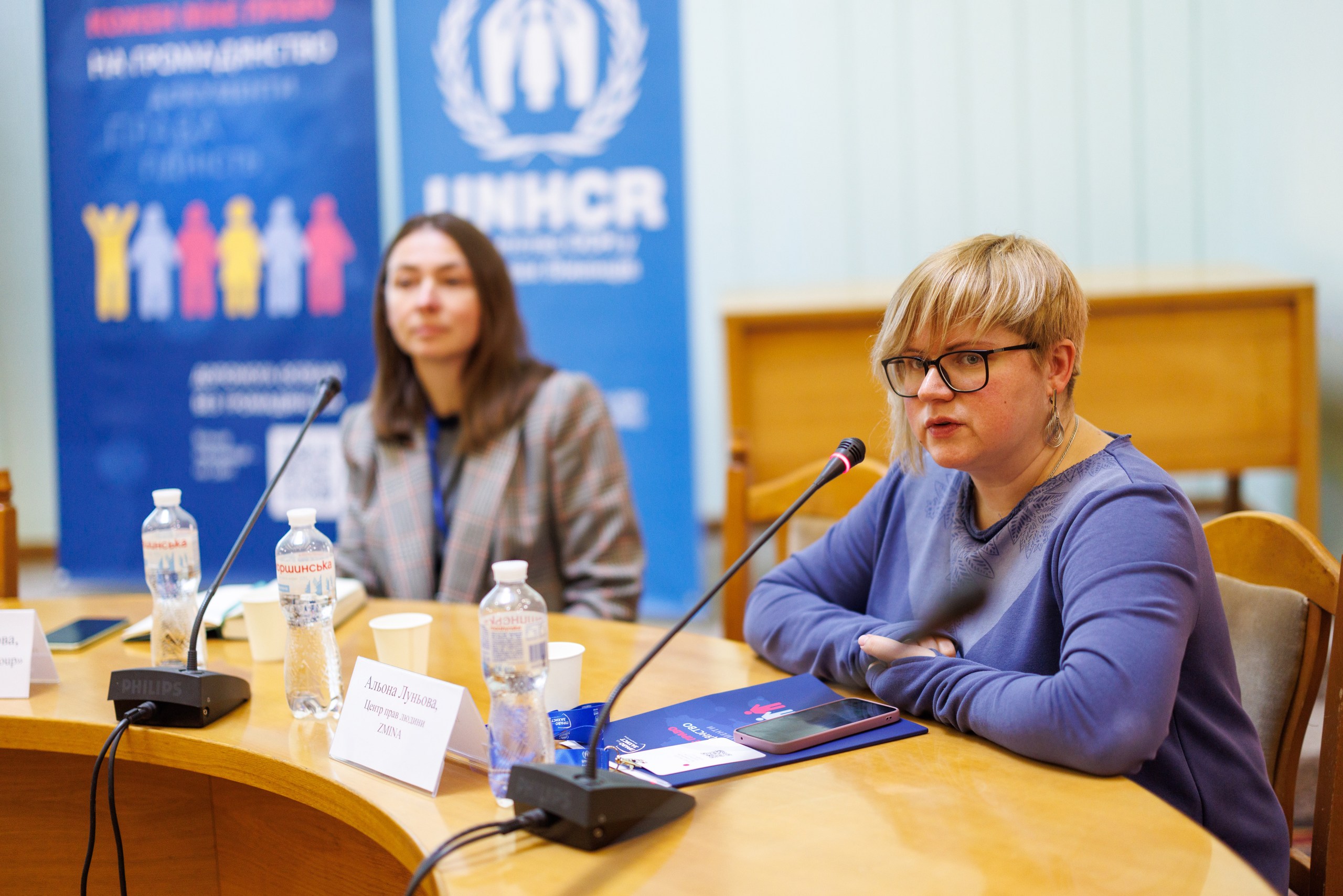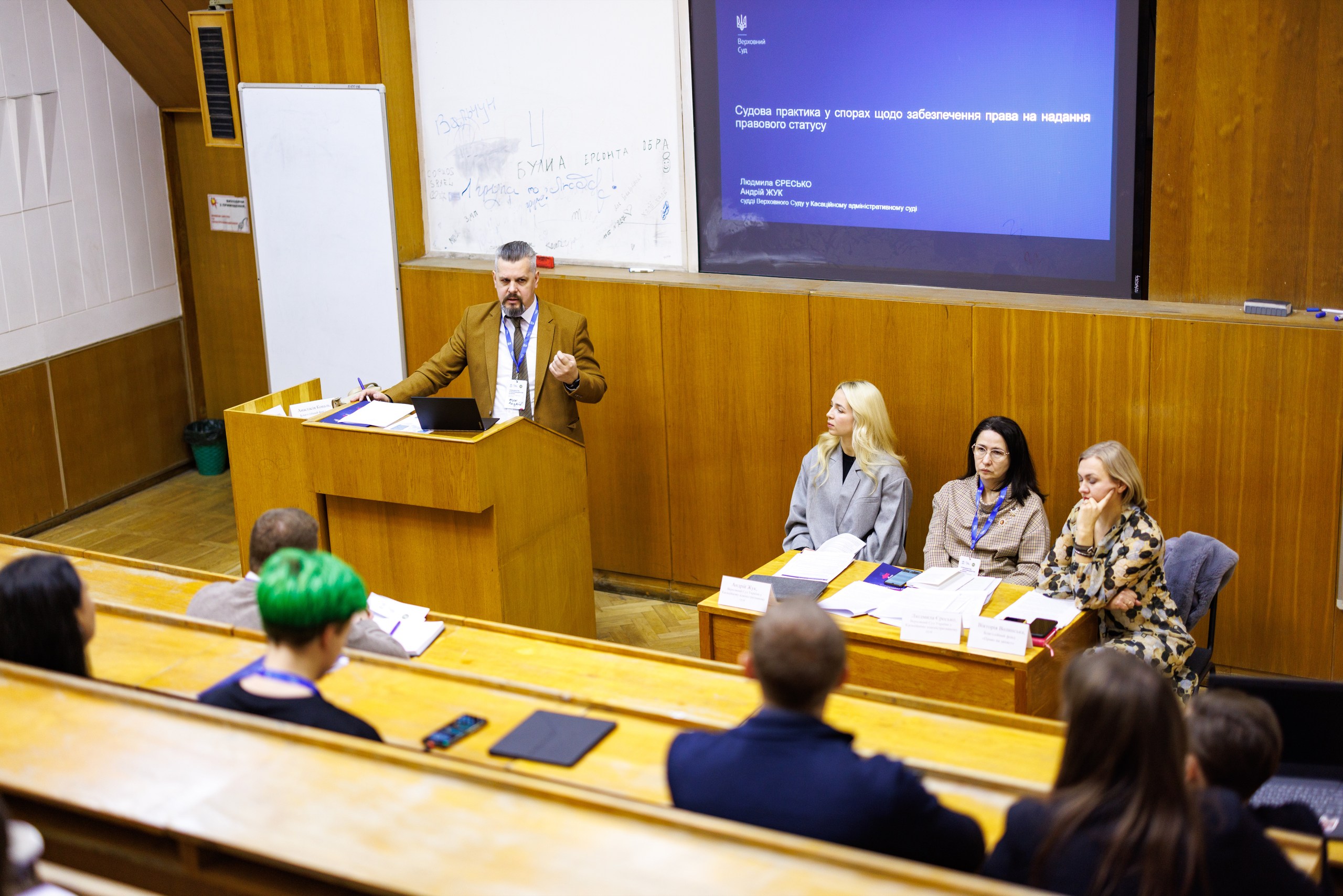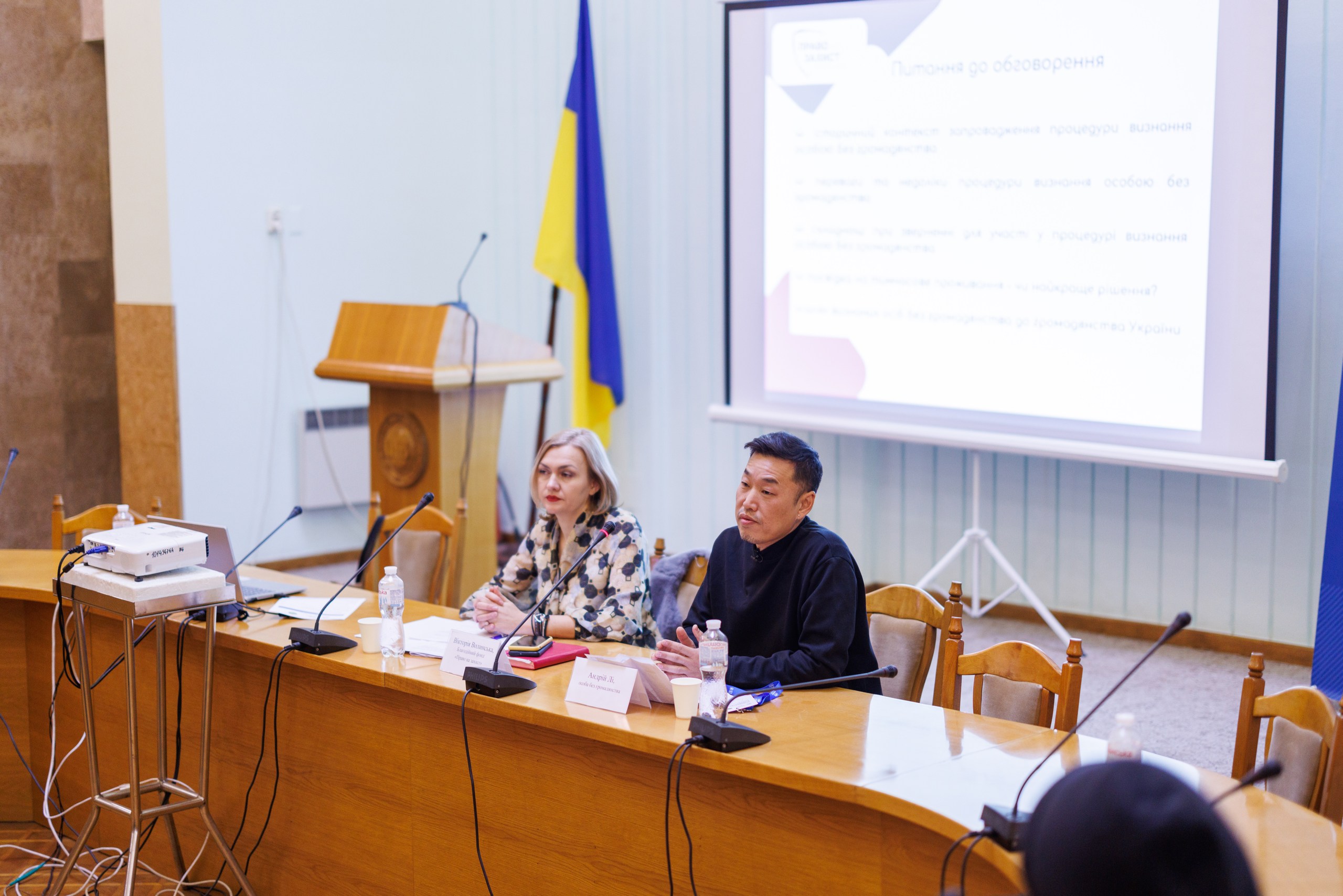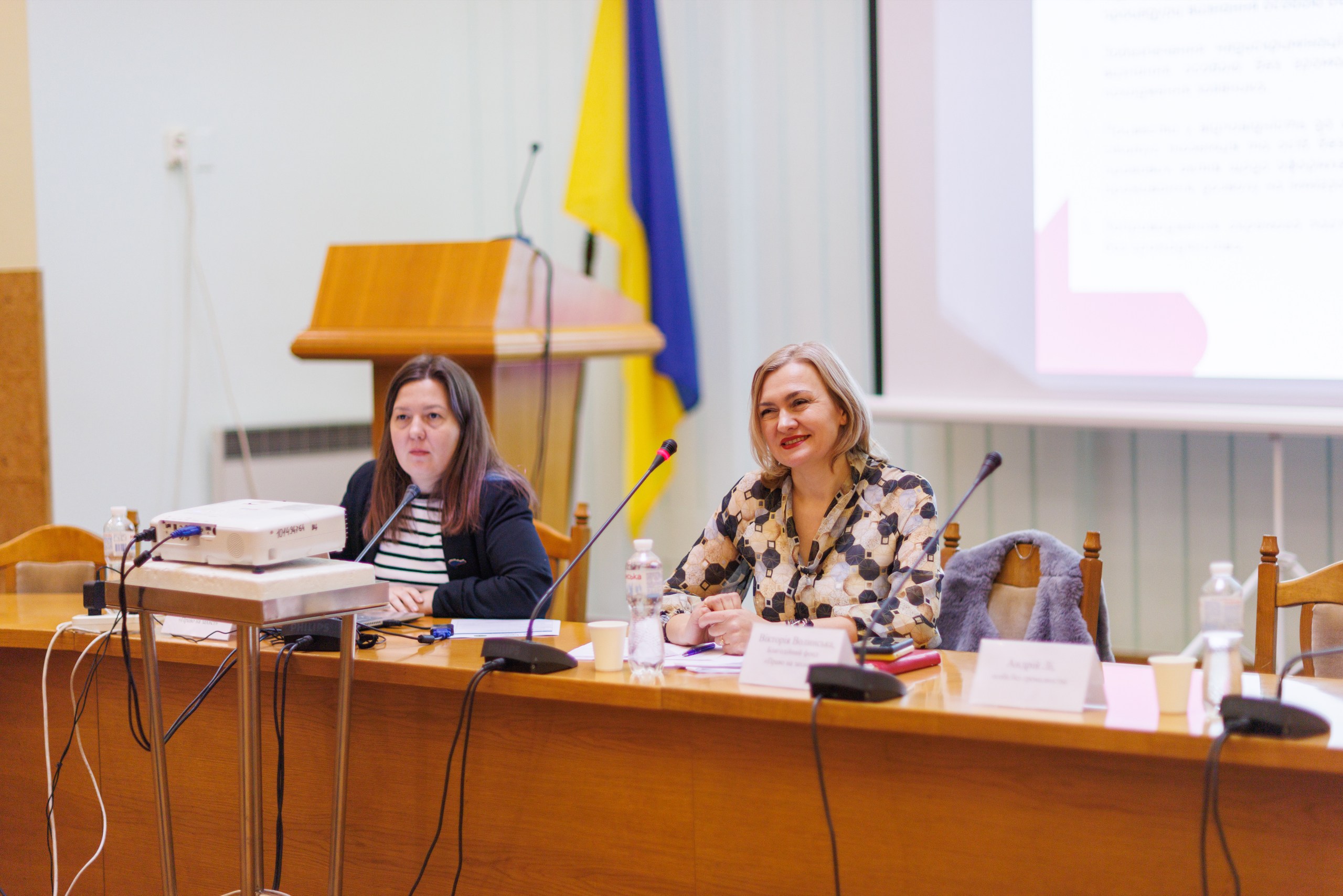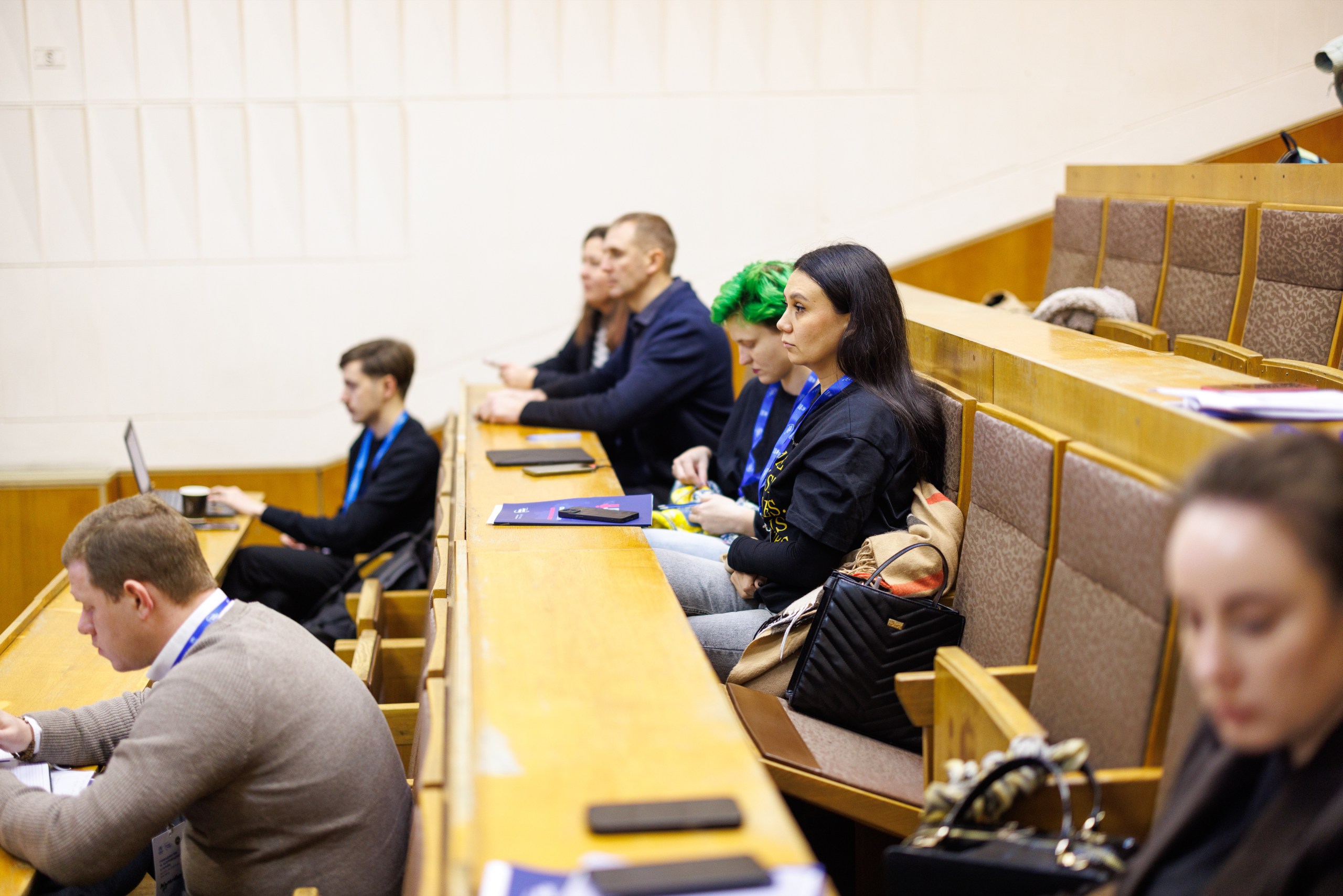-
Unfortunately, nothing was found for your request, you can search for another keyword, or contact us with your question through the feedback form
Search results (25)
All results (25)
Kyiv Hosts Two-Day Forum on Statelessness in Ukraine
January 7, 2025
On 12–13 December, Kyiv hosted the Citizenship and Statelessness in Ukraine: War and Postwar Challenges Forum dedicated to the 10th anniversary of the global IBelong campaign. Right to Protection organised the event with the support of UNHCR and the Educational and Research Institute of International Relations of Taras Shevchenko National University of Kyiv.
Participants had the opportunity to discuss the emergence and prevention of statelessness, as well as the situation of stateless persons and those at risk of statelessness. The Forum aimed to raise awareness of Ukrainian society, state authorities and local governments about the institution of citizenship and related challenges, including the phenomenon of statelessness, which needs to be eradicated.
The representatives of the Ministry of Foreign Affairs of Ukraine, the Ukrainian Parliament Commissioner for Human Rights, the Ministry of Justice of Ukraine, the Educational and Research Institute of International Relations of Taras Shevchenko National University of Kyiv, UNHCR and non-governmental human rights organizations, judges, etc., attended the event.
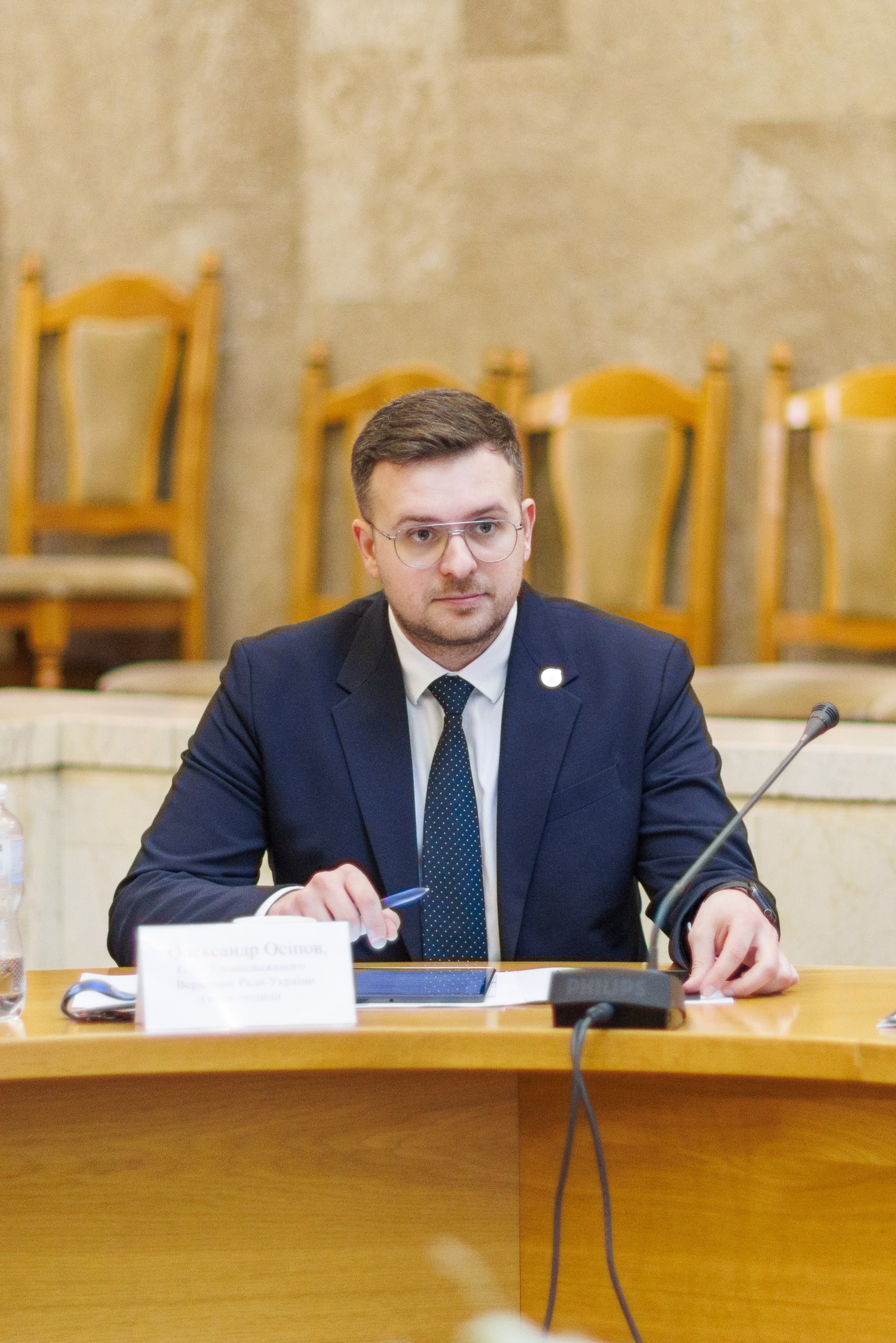
Oleksandr Osipov, representative of the Ukrainian Parliament Commissioner for Human Rights on Equal Rights and Freedoms, Rights of National Minorities of Political and Religious Views:
“The issue of statelessness is a problem today. A problem that is not only legal but also profoundly humanitarian. Stateless people become invisible to society. They are deprived of basic opportunities, such as access to education, healthcare, and employment, and they cannot even register a marriage. In fact, these people live among us, but they do not exist; they remain outside the legal system, and therefore, this state of affairs needs to be changed.
Today, it is essential to talk about this, it is vital to act, and it is important for public authorities, NGOs, and international organisations to work together. Only through joint efforts we can achieve actual results in overcoming statelessness, as well as in overcoming the concept of persons at risk of statelessness.”
During the event, Sofia Kordonets, Head of the Assistance to Refugees, Asylum Seekers and Stateless Persons in Ukraine programme direction of R2P, presented a study conducted by the Fund, The Situation of Stateless Persons and the Impact of a Full-scale War on Statelessness in Ukraine.
According to it, 236 thousand stateless persons and those at risk of statelessness currently live in Ukraine. Of these, 76% are men and 24% are women. Most stateless persons are united by the lack of a valid identity document, except those with temporary or permanent residence permits. Those documents that are available are either outdated or only certify the legality of staying on the territory of Ukraine and these are not identity documents (e.g., USSR passport, certificate of application for statelessness recognition) or only indicate a connection with a certain state (birth certificate), or were issued in the temporarily occupied territories or unrecognised republics.
Documentation of a person with a passport or official recognition as a stateless person is a complex and lengthy procedure. Often, stateless persons and other undocumented people are unable to solve this problem on their own and may remain in an irregular situation for years.
Among the people surveyed, 16% lived without a passport for more than ten years. The same number of people has been living in this situation for six to ten years.
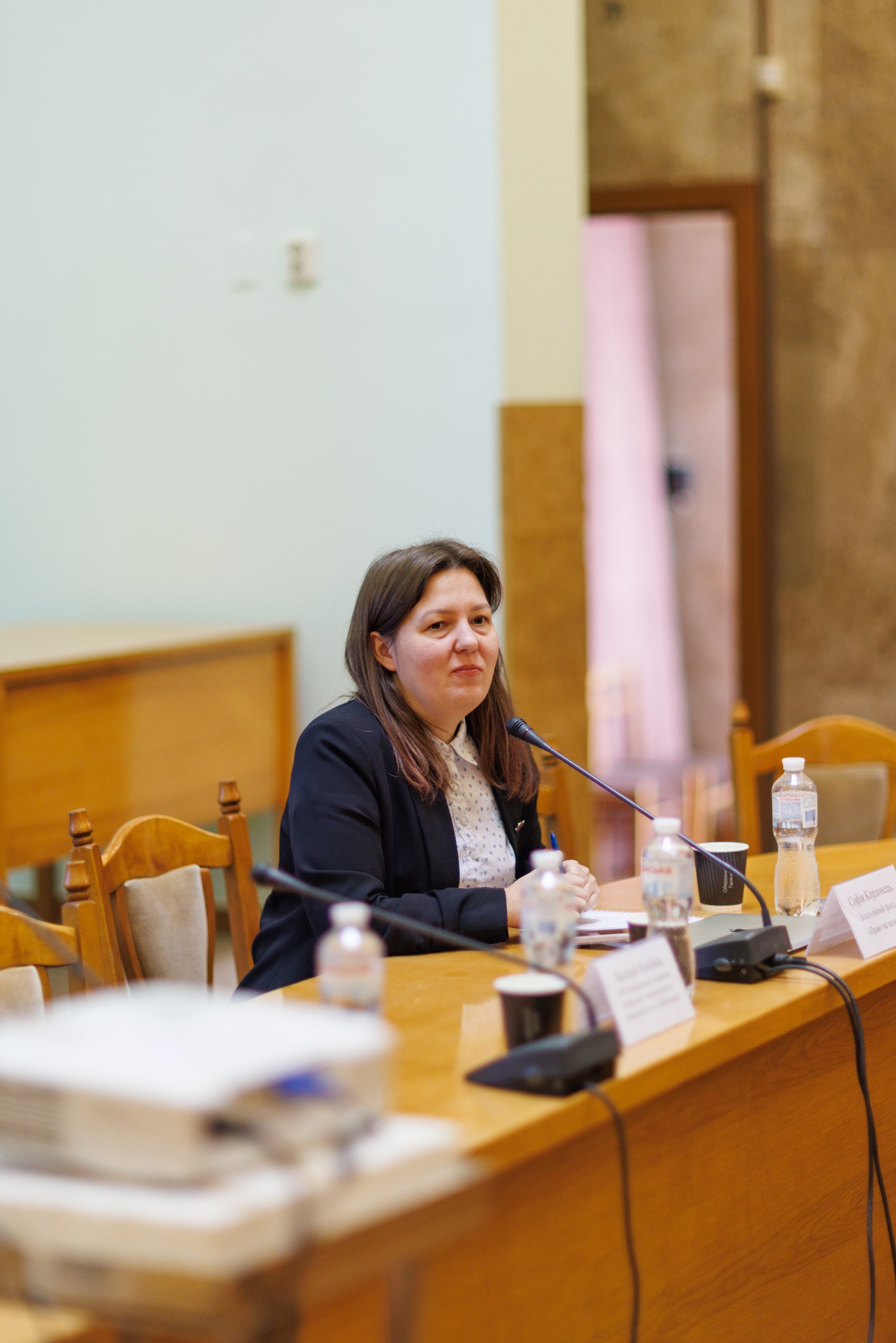
Sofia Kordonets, Head of the Assistance to Refugees, Asylum Seekers and Stateless Persons in Ukraine programme direction of R2P:
“In times of war, the problem of statelessness in Ukraine becomes even more critical and widespread. We can see this from the figures in our study. The number of people who have difficulties confirming their citizenship is growing. Without documents, their access to fundamental rights and services is limited. This not only worsens their quality of life but also contributes to new cases of statelessness, especially among vulnerable groups. The war further complicates the situation, as many people lose their documents or have difficulty confirming their identity.
We understand that stateless persons must first be heard to overcome these problems. They need to be visible. Therefore, it is essential to raise awareness of this issue among the public and government officials and to simplify the procedures for documenting such people.”
The Forum also included the First All-Ukrainian Competition for Students on the Application of the European Convention on Human Rights and the Practice of the European Court of Human Rights in National Proceedings European Human Rights Law at Home, jointly organised by the Institute and the UNBA Higher School of Advocacy. The students analysed a case concerning the protection of the rights of stateless persons.
The event also featured the I Exist photo exhibition dedicated to the issue of statelessness. The images depicted people who face this problem, whose status and rights remaine uncertain for a long time. That is why they stayed invisible to the state authorities and society. Each photo represents a story about a difficult path to obtaining documents. There were also QR codes on the pictures, which could be used to read the stories of these people.
I Exist is not just a photo exhibition. It is an opportunity to see, read, and feel the stories of people who have gone through a difficult path to documentation.
Stateless people whom R2P assists in obtaining documents also attended the event. They spoke about their path to documentation, and the problems they had faced or are still facing. The lack of documents led to their being denied medical care. They were also unable to get officially employed, married, or even open a bank account.
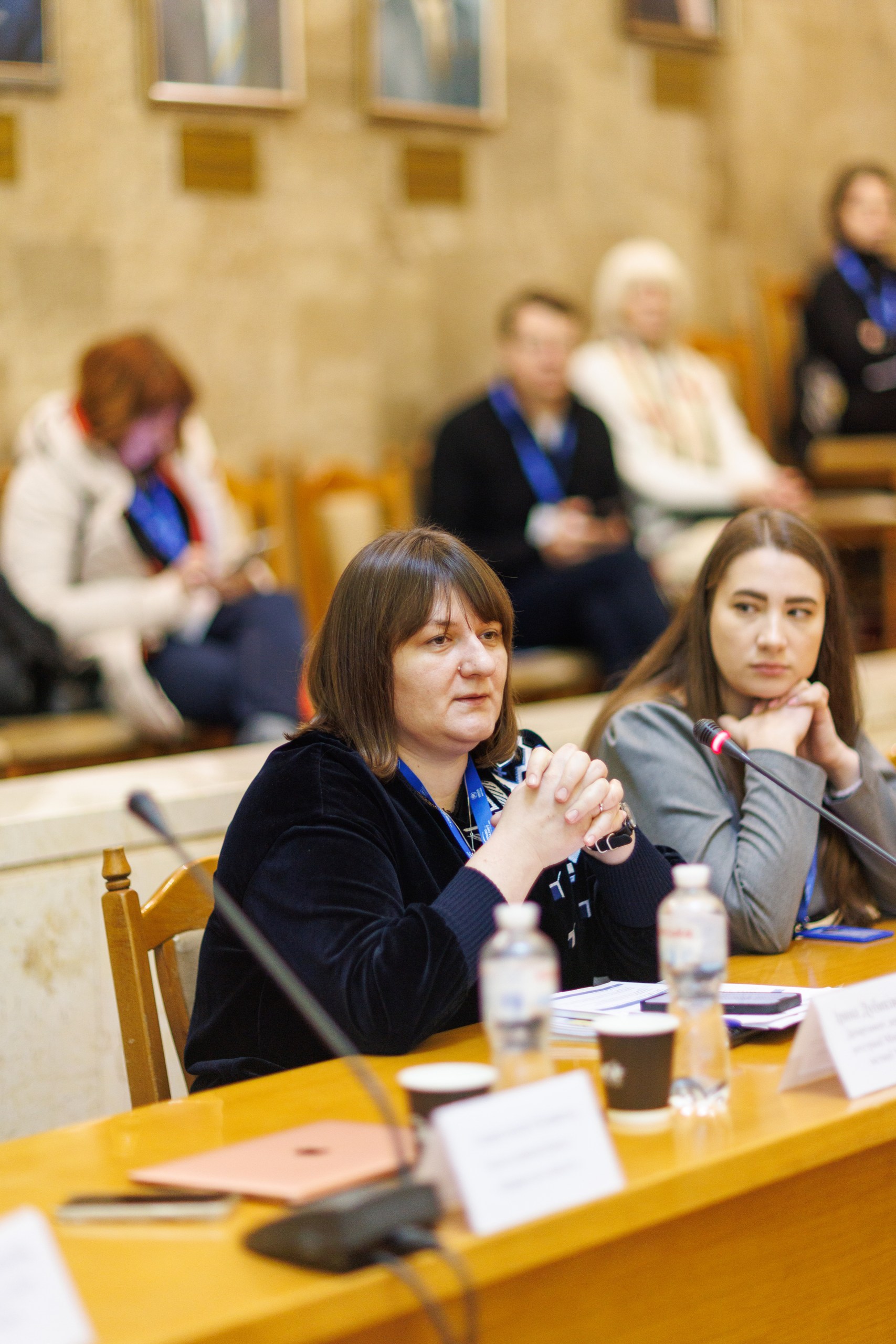
Iryna Dubykivska, Head of the Department for State Registration of Civil Status Acts and Apostillization of the Ministry of Justice of Ukraine:
“The majority of stateless persons and persons with undetermined citizenship in Ukraine are people who do not have a birth certificate, passport or any other document. These individuals are part of Ukraine's permanent residents who cannot obtain Ukrainian citizenship.
By the provisions of the 1989 Convention on the Rights of the Child, to which Ukraine is a State Party, States Parties shall ensure that every child is registered immediately after birth and has the right to acquire a nationality. Ensuring that every child is registered at birth, regardless of the legal status of their parents, is an essential step towards preventing statelessness.”
The event became a platform for exchanging views and finding common solutions to the problem of statelessness between representatives of government agencies, civil society, the judiciary, and the academic community.
On 4 November 2014, the United Nations Refugee Agency (UNHCR) launched the IBelong campaign. Its goal is to draw attention to the problem of statelessness and resolve existing cases of statelessness. This November marked the 10th anniversary of the campaign's launch. This date is another opportunity for human rights defenders to remind society about the problem of statelessness in Ukraine.

